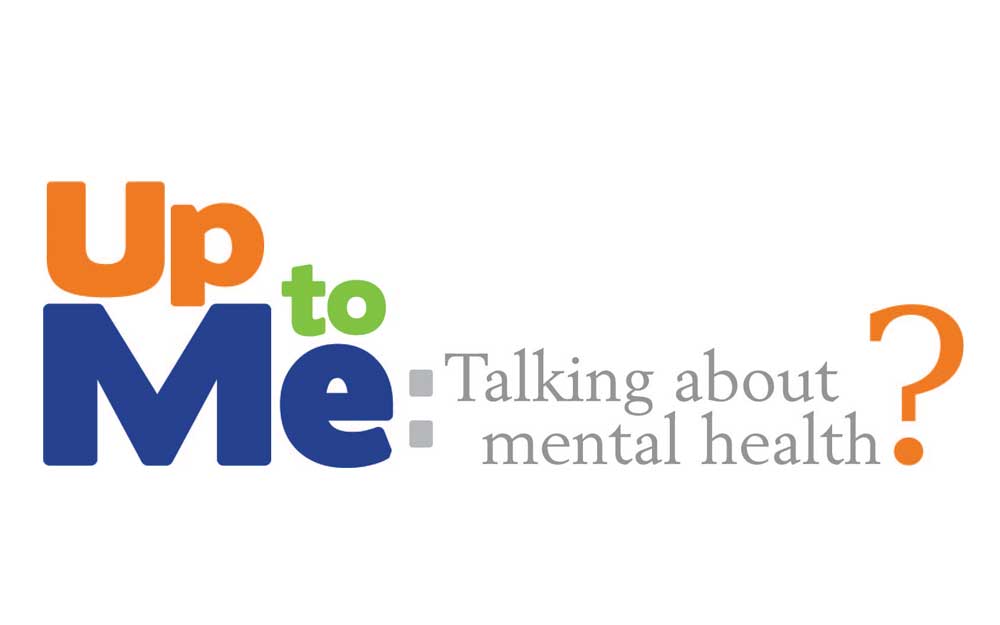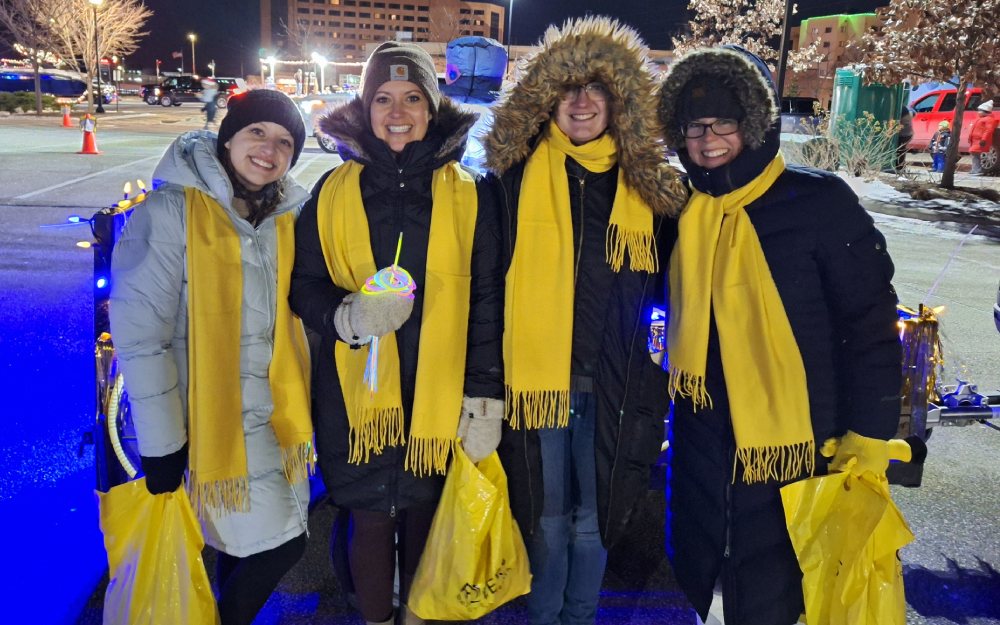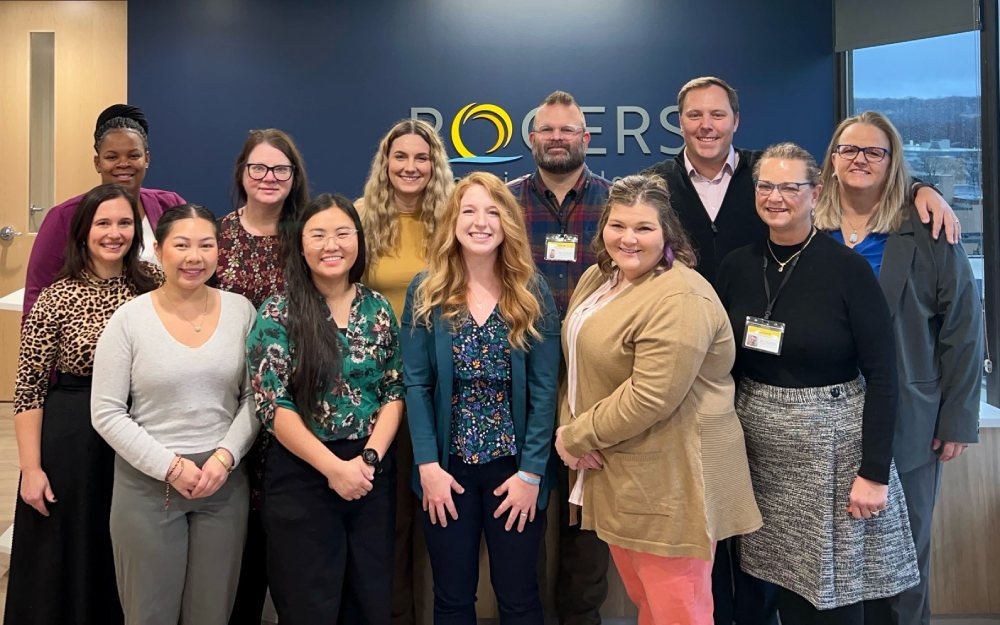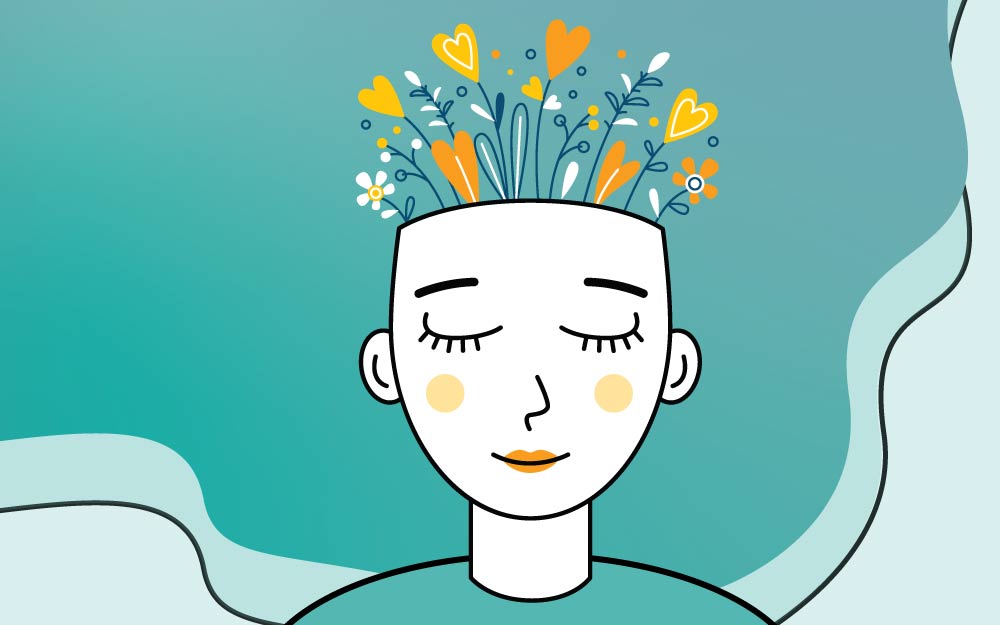
Up to Me: Resources available to help choose if and how to share your mental health story
10/10/24 01:00:pm
It’s up to everyone push back against the stigma surrounding mental health, but it’s up to you to decide if and how to share your story.
To help with that choice, WISE, a nationwide coalition rooted in stigma elimination efforts and staffed by Rogers’ Community Learning and Engagement Team, offers resources through a specifically designed program called "Up to Me."
“It's very clear that it's not a program that is saying you have to share your story,” says Hanna Maechtle, lead training specialist with Community Learning and Engagement. “The group-based sessions help people think through all that comes with speaking to others about their mental health journeys, including actually practicing writing out their story and getting feedback.”
The five-session program is free and facilitated by partner organizations across the country. It’s adapted from Honest Open Proud, a research-proven program put together by Patrick Corrigan, PhD, a researcher and mental health advocate.
“Dr. Corrigan’s research involves myths, including that someone who's struggling with mental health is more dangerous or can’t take care of themselves,” Hanna says. “His research found that what makes the most long-term impact on reducing those untrue assumptions and stigma in general is when someone can hear someone else’s real story. So, he put together resources to help people think about how they actually do tell their stories.”
Hanna says WISE first started offering Up to Me to adolescents and has since created iterations for adults, those with Tourette’s syndrome, and caregivers, with hopes to expand programming to younger children in the future.
“We can find solidarity in each other, because statistics show that one in five people have a diagnosable mental health condition. If it's not you and it's not someone living in your house, it's your neighbor. It just helps to normalize a lot of those things,” Hanna says. “It can be really helpful thinking through the story that you’re telling yourself, too.”
She says thinking through telling your story can help people recognize all they’ve overcome and the strength they’ve gained.
“Just thinking about your story can normalize your own experience,” she says. “It’s inherently challenging your own stigmatizing beliefs. “It gives that power back, knowing this is my choice and my story to tell. It's not something that happened to me. It's part of who I am and helped to make me who I am today.”
She says often people, especially adolescents, have the misconception that sharing their story is “all or nothing.” Up to Me helps them decide how much of their story they would like to divulge to whom and when based on their clearly defined goals, knowing that what they may want to share today could change tomorrow.
“The coolest thing is when you see the confidence change in someone where they went from thinking they have to keep everything to themselves to becoming more empowered to share their story,” Hanna says. “As someone who has their own lived experience, all I wanted was to be able to talk to someone about it in a way that felt effective and productive and understood. To be able to give that opportunity to others is really cool.”
The ability to create and run this program internally and externally is largely thanks to funds allocated from Rogers Behavioral Health Foundation.
WISE offers facilitator training, with the next sessions on December 3 and 5 from 12:30 to 3:30 p.m. CST. You can register here.
As a coalition of groups and individuals united in the fight against stigma, WISE promotes mental health support by fostering a more inclusive and understanding society. Learn more about WISE and the Up to Me program here.





